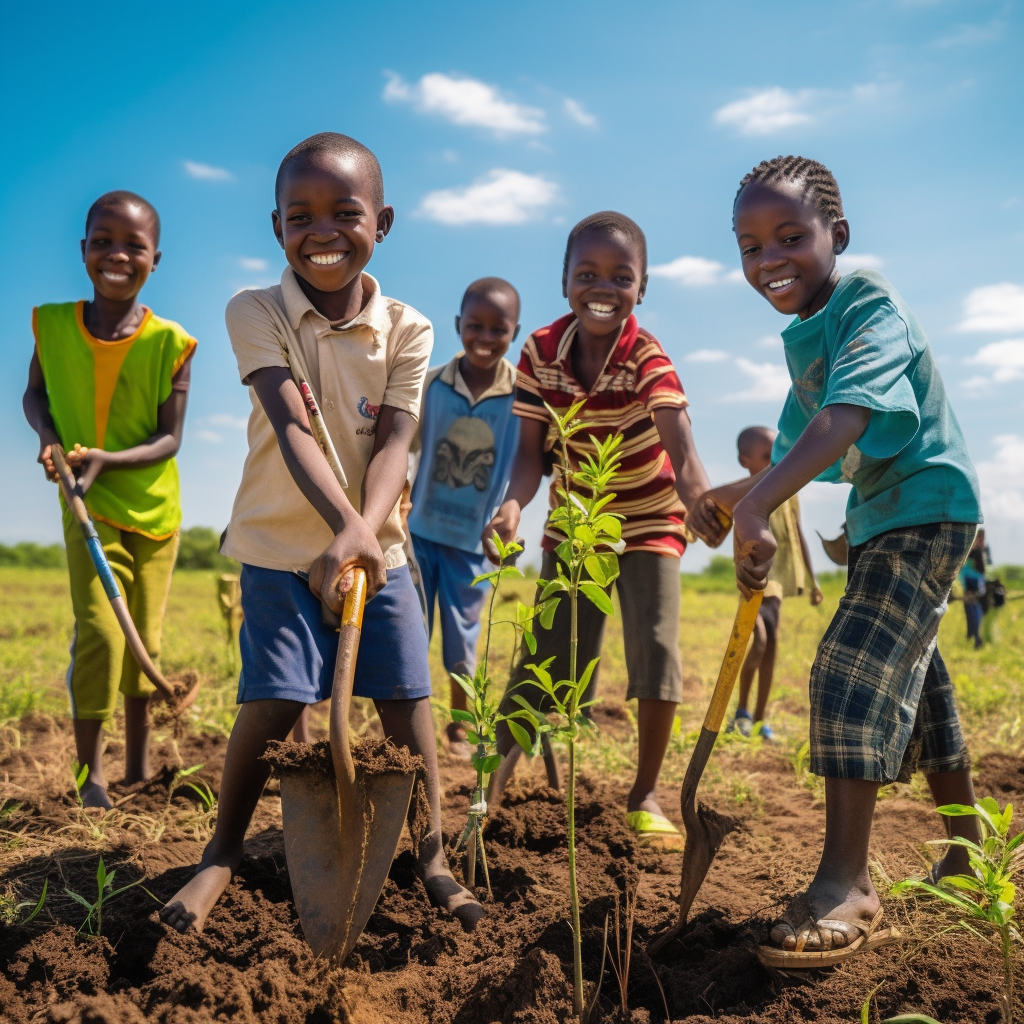April 3, 2023
Kamala Harris Commits Billions to Climate Resilience in Africa
Book a Demo
Kamala Harris’ visit to Africa comes at a critical time for the continent, which is already feeling the impacts of climate change. From severe droughts and floods to rising sea levels and changing weather patterns, African countries are among the most vulnerable to the effects of a warming planet.
According to a report by the United Nations, Africa is set to experience some of the most severe impacts of climate change in the coming decades. This includes increased frequency and intensity of extreme weather events, as well as decreased food security and widespread displacement of people due to rising sea levels and droughts.
In response to these challenges, Harris has made it clear that the US government is committed to supporting African countries in their efforts to build climate resilience. This includes providing funding for a range of projects that will help these countries adapt to the changing climate, including new infrastructure, renewable energy technologies, and sustainable agriculture practices.
In addition to these efforts, Harris has also stressed the importance of addressing the root causes of climate change, including the burning of fossil fuels and the destruction of natural ecosystems. During her visit to Africa, she has called on countries around the world to take bold action to reduce their greenhouse gas emissions and transition to a more sustainable energy system.
Harris’ announcement has been widely welcomed by environmental advocates and African leaders, who have long called for increased investment in climate resilience across the continent. However, some experts have raised concerns about the effectiveness of aid in promoting climate resilience, arguing that a more holistic approach is needed to address the underlying social, economic, and political factors that contribute to vulnerability.
Despite these challenges, Harris’ visit represents an important step forward in the fight against climate change in Africa. By providing funding and support for climate resilience projects, the US government is helping to build a more sustainable future for the continent and its people.
However, it’s important to note that addressing the challenges of climate change will require a sustained and coordinated effort from governments, civil society, and the private sector. This includes continued investment in renewable energy, sustainable agriculture, and ecosystem protection, as well as a commitment to reducing greenhouse gas emissions and building more resilient communities.
As the impacts of climate change continue to be felt around the world, it’s clear that we need to take urgent action to protect our planet and the people who call it home. Kamala Harris’ visit to Africa is a reminder that we all have a role to play in this effort, and that by working together, we can build a more sustainable and resilient future for all.



